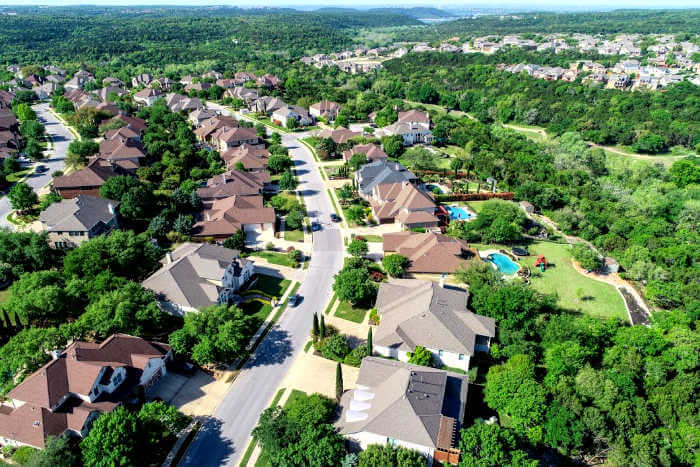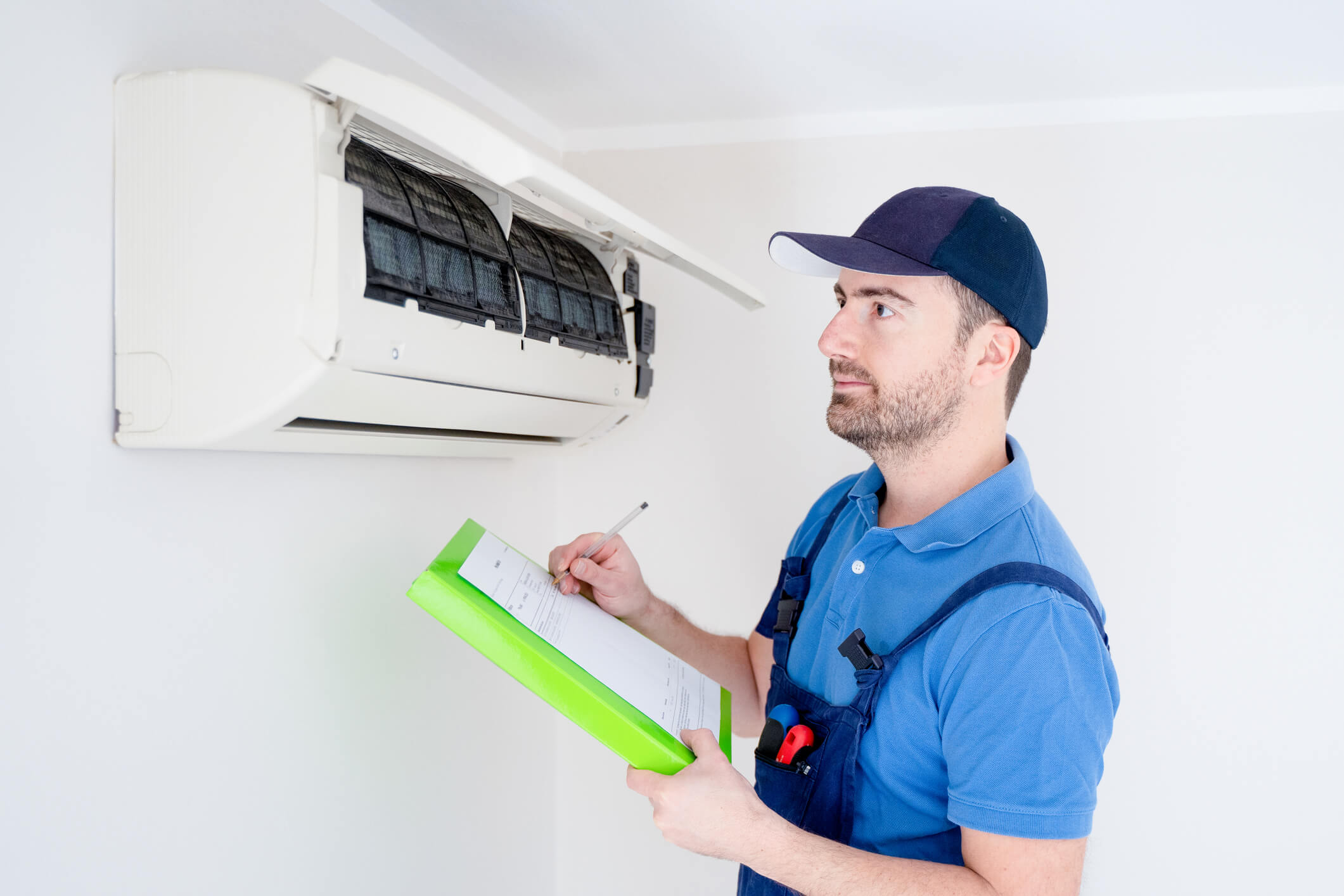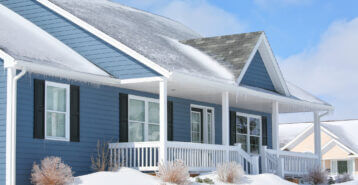Are you doing a roofing project?
Modernize can pair you with three to four pros in your area, so you can compare options and save time and money.
Whether your roof had damage after a storm or reached the end of its lifespan, replacing your roof is stressful. Once the project is finally finished and you feel like you are breathing easily again, you can look toward the future. How do you protect this major investment? In the event of a product malfunction or a mistake in the install process, a roofing warranty will keep you covered.
The roof installation, and the shingles themselves, will come with several types of warranties working in tandem to protect your home and your investment. Here’s everything you need to know.

Manufacturer vs. Contractor Roof Warranties
There are two roof warranty types that will typically come into play: the manufacturer warranty and the contractor warranty. One comes from the roofing company that installed the roof and one comes from the manufacturer of the roofing material. Together, the two warranties should entirely cover your new roof, from installation to parts and labor.
Manufacturer Warranties: The manufacturer warranty guarantees your roof against defects in the roofing material themselves. The manufacturer warranty can last anywhere between 20 and 50 years, depending on the material. This warranty is non-negotiable, and it is important that the homeowner and contractor review the terms and conditions.
Contractor or Workmanship Warranties: This type of warranty comes from your roofing contractor, and it guarantees their workmanship on the installation. These typically last two to five years. Roofing contractor warranties are often negotiable to better meet your unique needs. Even if problems of workmanship arise after the roofing contractor warranty has lapsed, a trusted contractor may still provide support.
The Elements of a Roof Warranty
Both types of roofing warranties should be presented in detailed documents, available for your review, in the clearest language possible. These documents should list the components covered in the agreement, the duration of the warranty, and how problems will be addressed.
Find the Right Contractor for Your Roofing Project
Whether you’re ready to begin your project now or need some expert advice, our network of contractors are here to help. With a few simple questions, we’ll find the best local professionals for you
Though the exact terms of your roofing warranty will vary based on your contractor and manufacturer, here’s a brief list of terms you can expect to see.
- Methods of installation
- System performance
- Finished roof appearance
- Warranty transferability
Typical roof warranty exclusions:
- Hail damage
- Standing water
- Consequential damage, including improper roof repairs and alterations
- Homeowner’s efforts to remove snow and ice, and
- Acts of God
A note about roof leaks: Most roof warranties will cover both material costs and labor for roof leak repairs, but circumstances do play a role. If a leak is caused by improper installation, it should be covered by your contractor warranty. However, is the leak is caused by fire, a severe storm, hail, earthquakes, or even vandalism, the typical warranty will not cover the damage. Talk to your contractor about what is covered in your warranty, and any inclement weather prone to your area. For example, if you live in an area affected by hurricanes, discuss what wind speeds are covered by your manufacturer warranty.

Evaluating Roofing Warranties
How do you know if a warranty option is right for you? The first step in evaluating a roof warranty is to read it carefully. Roof warranties can vary so widely, and it can be easy to become confused. To better understand the terms, we encourage homeowners to review warranties with their roofing contractor. A trusted roofing contractor can answer questions, help explain the differences in warranties from manufacturer to manufacturer and explain any language that you don’t understand.
Here are a few questions to help guide the conversation as you evaluate your roofing warranties:
- How long is the roof warranty valid for? The scope of a warranty often differs between brands and contractors. Find one that makes you comfortable that you’ll be getting all the bang for your buck in the long term.
- What components does the roof warranty cover? Be sure to ask what parts are covered in your roofing warranty. Ideally, all parts will be protected under your warranty.
- Does the warranty cover labor? Similar to covering the various parts of a roofing system, a manufacturer’s warranty may not cover the labor costs of replacing a defective product. Your roofing contractor may also have special fees related to labor in their warranty.
- Is the roof warranty a limited warranty or full warranty? Roofs with a full warranty should be replaced by the manufacturer or contractor in a reasonable amount of time. A limited warranty is more strictly regulated and may only apply to certain parts or specific defects.
As with many home renovations, finding the right contracting partner will be a big help in nailing down your desired roof warranties.
Find the Right Contractor for Your Roofing Project
Whether you’re ready to begin your project now or need some expert advice, our network of contractors are here to help. With a few simple questions, we’ll find the best local professionals for you
Reviews from Real Homeowners
Welcome to Homeowner Resources! We are the Modernize blog. Modernize pairs more than 3 million homeowners a year with pre-vetted contractors in their area. This blog started because we believe homeowners should know everything about their homes, from how their HVAC works to which front door colors they might love. On Homeowner Resources, you can find information on every part of your home, right down to how you can negotiate with contractors to get the best price. Here's more about the blog.
Need a contractor? Learn more about how Modernize finds the right pro for you.



